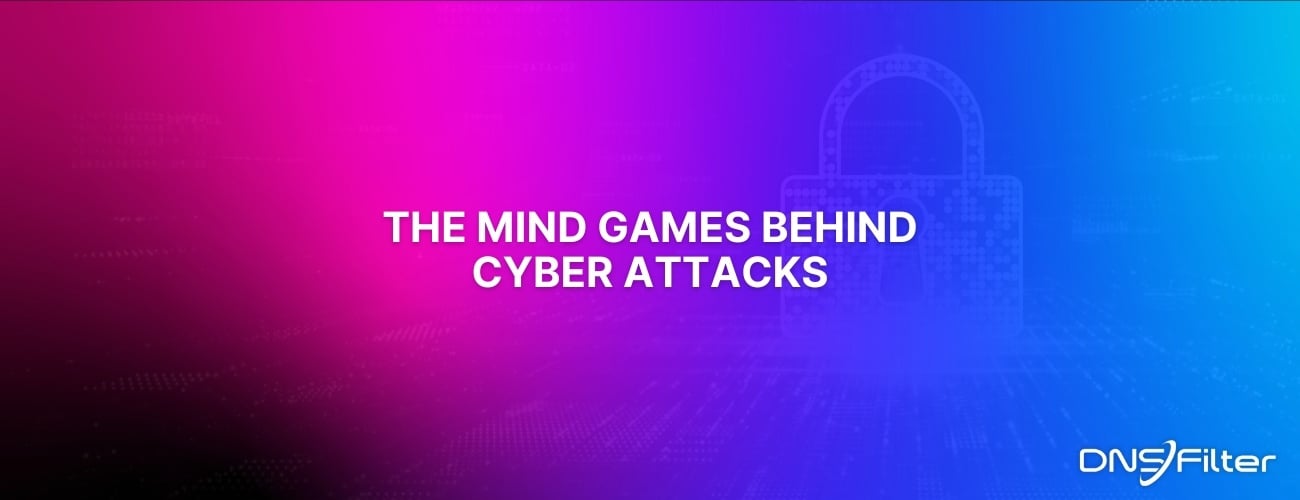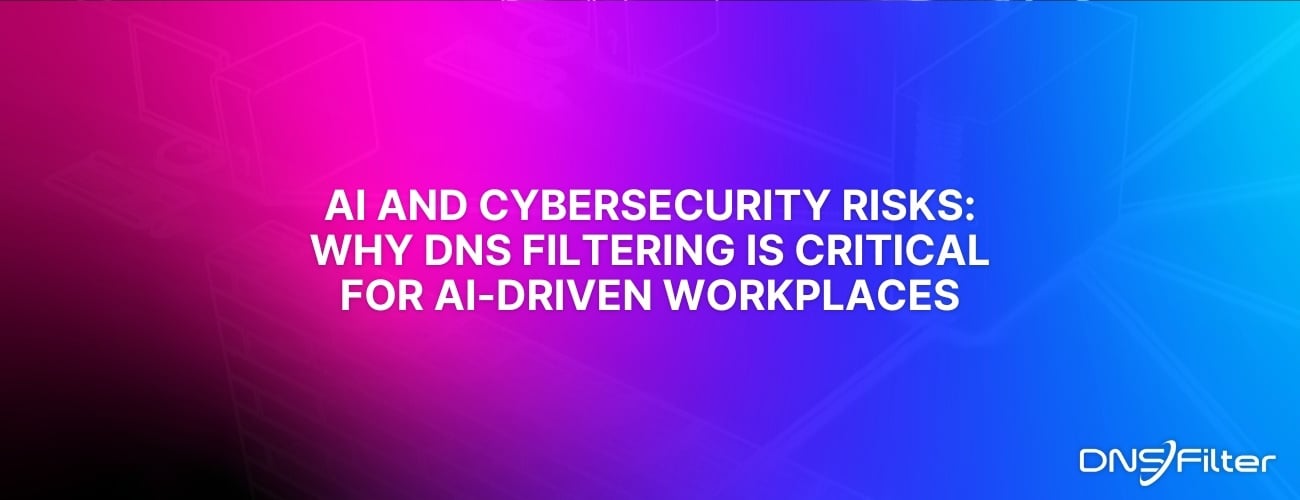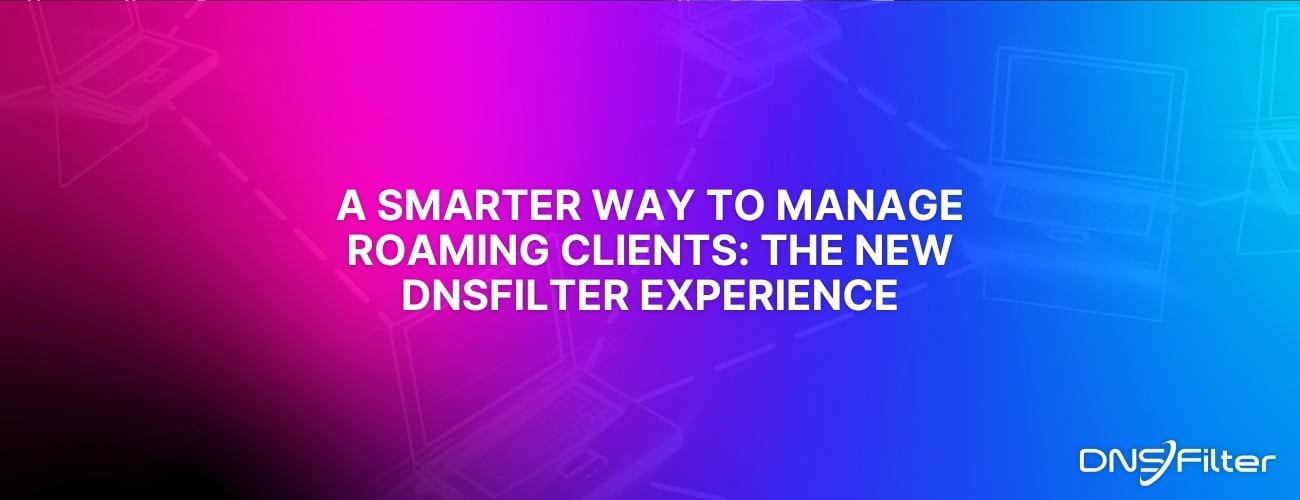Share this
Ensuring CIPA Compliance: A Practical Guide (and checklist) for Educational Leaders
by Kory Underdown on Nov 12, 2024 4:50:02 PM
The Children's Internet Protection Act (CIPA) is a critical law designed to ensure that students are protected from harmful online content. It requires schools and libraries to implement Internet safety measures, such as filtering and monitoring, to safeguard minors. Compliance with CIPA is essential for institutions seeking E-Rate program discounts for Internet access and internal connections.
This guide provides not only an overview of CIPA requirements but also actionable steps and documentation tips to help educational leaders maintain compliance. Additionally, a downloadable checklist is available to simplify the process of ensuring all CIPA standards are met effectively.
What is CIPA Compliance?
The Children's Internet Protection Act (CIPA) is a federal law enacted to protect children from accessing harmful or inappropriate content online. Its primary goal is to create a safe digital environment for minors in schools and libraries. To achieve this, CIPA mandates that educational institutions adopt Internet filters and other protective measures.
Compliance with CIPA is mandatory for any school or library that receives discounts through the E-Rate program, which helps cover the costs of Internet access and related services. By adhering to CIPA guidelines, institutions can ensure a secure online experience for their students while benefiting from valuable funding.
To learn more about achieving CIPA compliance, check out this comprehensive guide on CIPA compliance.
Requirements for CIPA Compliance
To comply with CIPA, schools and libraries must meet several key requirements, including implementing an Internet safety policy, installing technology protection measures, educating students on appropriate online behavior, and holding public hearings. Below are the main components:
| Internet Safety Policy: Schools and libraries are required to develop an Internet safety policy that includes measures to protect against access to content that is obscene, harmful to minors, or considered child pornography. The policy must address several key areas: |
-> Access by minors to inappropriate content: The policy must define how access to inappropriate material is restricted. |
| -> Safety and security of minors during online communications: This includes electronic mail, chat rooms, and other forms of direct electronic communication. | |
| -> Prevention of unauthorized access: Schools must take measures to prevent unauthorized activities, such as hacking or other unlawful conduct by minors. | |
| -> Protection of personal information: Measures must be in place to prevent the unauthorized disclosure, use, and dissemination of minors' personal information. | |
| -> Monitoring online activities: Schools must also monitor the online activities of minors to ensure compliance with safety policies. |
Technology Protection Measures: Schools and libraries must implement technology protection measures, such as Internet filtering software, to block access to visual depictions that are obscene, child pornography, or harmful to minors. These measures must be in operation whenever computers with Internet access are used by minors. Authorized personnel may disable these measures for adults conducting bona fide research or other lawful purposes. For a detailed overview of the types of content that must be blocked under CIPA, see this article.
Education Requirements: Schools must educate minors about appropriate online behavior, which includes interacting on social networking websites, using chat rooms responsibly, and recognizing and responding to cyberbullying. This education helps empower students to make safe choices online.
Public Notice and Hearing: The institution must provide reasonable public notice and hold at least one public hearing or meeting to address the proposed Internet safety policy. This ensures transparency and allows input from the community, particularly for public schools and libraries. For private schools, notifying the appropriate constituent group is required.
Who Enforces CIPA Compliance?
CIPA compliance is enforced by the Federal Communications Commission (FCC), which oversees the certification process for schools and libraries seeking E-Rate funding. Institutions must certify that they comply with CIPA requirements through the submission of specific forms, such as FCC Form 486 and FCC Form 479.
Failure to comply with CIPA can lead to the loss of E-Rate funding, which helps cover Internet access and other technology-related services. The Administrative Authority—which may be the school, school board, library, or other entity responsible for administration—must ensure that all necessary certifications are submitted correctly to maintain funding eligibility.
For more information on how CIPA compliance is enforced, refer to the FCC Guide on the Children's Internet Protection Act.
How to Make a Network Comply with CIPA
Ensuring that a school or library complies with CIPA involves only allowing access to appropriate websites, social media, and apps by implementing several protective measures:
- Content Filtering Solutions: Schools and libraries must implement content filtering technologies to block or restrict access to obscene content, child pornography, or materials deemed harmful to minors. The filter must be applied to any device that accesses the Internet within the institution to meet CIPA requirements. Learn more about the best practices for content filtering in schools by visiting this guide.
- Monitoring and Reporting: Institutions should have systems in place to monitor Internet usage and log activities. Regular audits and activity reports can help verify that filters are functioning correctly and that inappropriate content is being effectively blocked. Keeping documentation of these measures is essential to demonstrate compliance in case of an audit.
- Educational Programs: To further ensure compliance, educational programs must be implemented that teach students about safe online behavior, privacy, and how to avoid cyberbullying. Providing regular training sessions for both students and staff is a proactive step in maintaining CIPA compliance.
Who is Subject to CIPA?
CIPA applies to K-12 schools and libraries that receive E-Rate funding or other federal grants for Internet access, internal connections, or related services. Schools and libraries that only receive funding for telecommunications services are exempt from CIPA compliance requirements. The law requires that these institutions implement and certify compliance with an Internet safety policy that includes filtering and monitoring provisions. Additionally, private schools that receive federal funds are also required to comply with CIPA, although their public notice obligations are limited to their specific constituent groups.
Practical Guidelines and the CIPA Compliance Checklist
To simplify the process of maintaining CIPA compliance, a practical checklist is available for school administrators, CTOs, policymakers, and IT professionals. This checklist serves as a step-by-step guide to ensure all aspects of CIPA compliance are met efficiently:
- For School Administrators: Use the checklist to ensure that all requirements, such as adopting an Internet safety policy, implementing technology protection measures, and providing public notice, are fulfilled. Regularly review the checklist to make sure all aspects of CIPA compliance are being maintained.
- For CTOs: Utilize the checklist to verify the effectiveness of content filtering solutions and network security protocols. Ensure that monitoring systems are in place and that the documentation required for compliance is updated consistently.
- For Policymakers: Refer to the checklist to understand the implementation of CIPA standards and ensure that all regulations are effectively integrated into school procedures. This helps guarantee that policies are up-to-date and meet the necessary requirements.
- For IT Professionals: Follow the checklist to maintain a secure network infrastructure, manage content filters, and ensure that Internet safety protocols are working as intended. Keeping detailed logs and activity reports is vital for ongoing compliance.
Basic CIPA Requirements
CIPA requires schools to use an Internet filter to block access to images that are "obscene," "child pornography," or "harmful to minors." All Internet-enabled computers must have this filter, whether used by children or adults. However, for E-rate purposes, the filter can be turned off for adults doing legitimate research or other legal activities.
| CIPA compliance requires a "Y" in at least one of the Filtering Provision boxes listed. | ||
| Filtering provision | Y / N | Comments and name of provider |
|
Filtering is incorporated with the service provided by the Internet Service Provider. |
||
|
Filtering is provided locally for all Internet-enabled computers on a networked basis. |
||
|
Filtering is provided individually on each Internet-enabled computer. |
||
Internet Safety Policy
Schools and libraries are required to develop an Internet safety policy that includes measures to protect against access to content that is obscene, harmful to minors, or considered child pornography. The policy must address several key areas:
- Restricting minors' access to inappropriate content.
- Ensuring safety in online communications (email, chat rooms, etc.).
- Preventing unauthorized access or hacking.
- Protecting minors' personal information from unauthorized use.
- Monitoring minors' online activities for compliance.
|
Internet Safety Policy |
||
| Policy Provision | Y / N | Comments |
|
Filtering will be provided for all Internet-enabled computers used by students, patrons, and staff. |
||
|
Filtering will be disabled only for bona fide research or other lawful purposes. |
||
|
Safe and secure use by minors of direct electronic communications (including e-mail, chat rooms, and instant messaging) will be assured. |
||
|
Minors will be educated, supervised, and monitored with regard to safe and appropriate online activities. |
||
|
Unauthorized online access, including “hacking” and other unlawful activities, is prohibited. |
||
|
Unauthorized disclosure, use, and dissemination of personal identification information regarding minors is prohibited. |
||
|
The Policy was adopted with reasonable public notice and after at least one public meeting or hearing. |
||
Next Steps
Adhering to CIPA is crucial for protecting students from harmful online content and maintaining eligibility for valuable funding opportunities, such as the E-Rate program. By understanding the requirements, implementing the necessary safety measures, and utilizing the provided checklist, educational leaders can create a safer online environment for students.
For more information on effective content filtering solutions for schools, visit DNSFilter's Education Industry Solutions page.
Share this
 The Mind Games Behind Cyber Attacks
The Mind Games Behind Cyber Attacks
Hackers have long understood that the most sophisticated firewall is no match for a well-placed psychological trick. While many focus on the technical prowess of cybercriminals, the real magic often lies in their ability to manipulate human behavior. By exploiting our natural tendencies and cognitive biases, hackers can slip past even the most robust security systems. It's not just about cracking codes; it's about cracking the human psyche.
 AI and Cybersecurity Risks: Why DNS Filtering is Critical for AI-Driven Workplaces
AI and Cybersecurity Risks: Why DNS Filtering is Critical for AI-Driven Workplaces
Artificial intelligence is transforming business operations, automating everything from customer service to data analysis. But with these advancements come new security challenges. AI-driven cyber threats are becoming more sophisticated, enabling attackers to automate phishing campaigns, generate malware, and exfiltrate sensitive data at scale. Without proper safeguards, AI tools can unintentionally leak corporate secrets or connect to malicious ...
 A Smarter Way to Manage Roaming Clients: The New DNSFilter Experience
A Smarter Way to Manage Roaming Clients: The New DNSFilter Experience
Managing endpoint security across an organization—whether as an MSP overseeing multiple customers or an admin overseeing a tech stack—should be simple, efficient, and effective. That’s why we’re excited to introduce a revamped Roaming Client management experience, designed to provide greater confidence and ease in managing your fleet of DNSFilter Roaming Clients.


